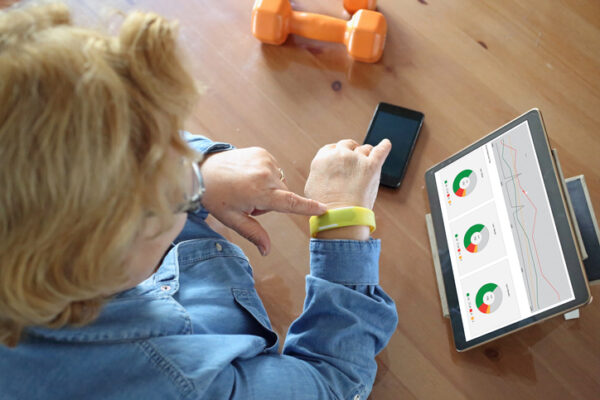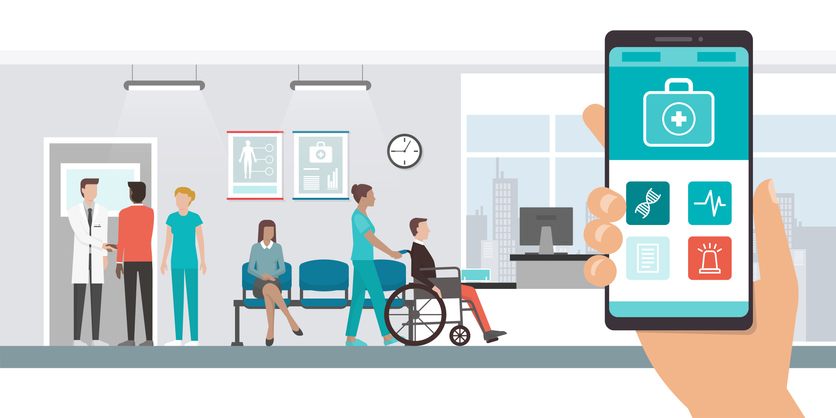
Former Food and Drug Administration Commissioner Scott Gottlieb’s appointment to Aetion’s board of directors last month highlighted the growing importance of real-world evidence to drugmakers, payers, regulators and others. But on the sidelines of a conference that concluded Thursday, one of the company’s executives emphasized that RWE would play a complementary role relative to traditional means of testing the safety and efficacy of drugs, even if it can replace randomized, controlled trials (RCTs) in some situations.
The New York-based company appointed Gottlieb – who stepped down from the FDA in March – to its board on Sept. 17. In an interview at CB Insights’ Future of Health conference at the Chelsea Piers in New York, Aetion President Jeremy Rassen highlighted how the company hopes to gain from Gottlieb’s experience.

With the Rise of AI, What IP Disputes in Healthcare Are Likely to Emerge?
Munck Wilson Mandala Partner Greg Howison shared his perspective on some of the legal ramifications around AI, IP, connected devices and the data they generate, in response to emailed questions.
“[Gottlieb] has been thinking about real-world evidence and where it fits in the system and regulatory decision making for a number of years,” Rassen said.
The former FDA head’s appointment comes at a time when Aetion is engaged in a large-scale effort to see if real-world evidence can reproduce the data shown in RCTs.
A major ongoing project is RCT DUPLICATE, whereby the company is taking data from nearly 40 clinical trials and then attempting to reproduce them using real-world data to see if the results are concordant, under a partnership with the FDA and Brigham and Women’s Hospital in Boston. Originally announced last year, RCT DUPLICATE was expanded in April to include the use of RWE to predict the results of seven ongoing Phase IV clinical trials, marking the first FDA-funded study to estimate the results of RCTs that have not yet concluded.
Still, Rassen said he would be remiss if he were to suggest that RWE can replace RCTs entirely. Rather, the idea is that RWE would be used in situations unsuitable for RCTs, such as trials of very rare diseases. “There is a specific set of trials pertaining to new indications or initial approvals where you want to use clinical trial data in one arm and real-world evidence in another arm, or Phase IV safety studies where real-world evidence would be an incredibly appropriate choice,” he said.
By contrast, a trial of a new medication to treat a fairly common disease would be a “pretty solid case” for sticking with RCTs, he said.
“I don’t want to set this up as a dichotomy between real-world data and randomized trials,” Rassen said. “They’re complementary – different analytic techniques for different questions.”
A paper published Tuesday in the journal Clinical Pharmacology & Therapeutics by regulators from the European Medicines Agency asserted that the opportunities for learning quickly about drugs’ benefits and harms “have never been greater.” That’s thanks to developments like electronic health records and increased sharing of data from completed RCTs, thereby enabling cross-trial analyses and combination of trial data with real-world data from EHRs and insurance claims. Meanwhile, the medical internet of things, wearables, social media platforms and smartphone apps could be mined in the future for information as well.
However, bringing to bear the full potential of those sources will require overcoming obstacles like technical and operational readiness – related to factors like EHR coverage, use of structured data, interoperability of databases and data quality – and data governance readiness around issues like privacy and consent, they wrote.
Photo: oonal, Getty Images














